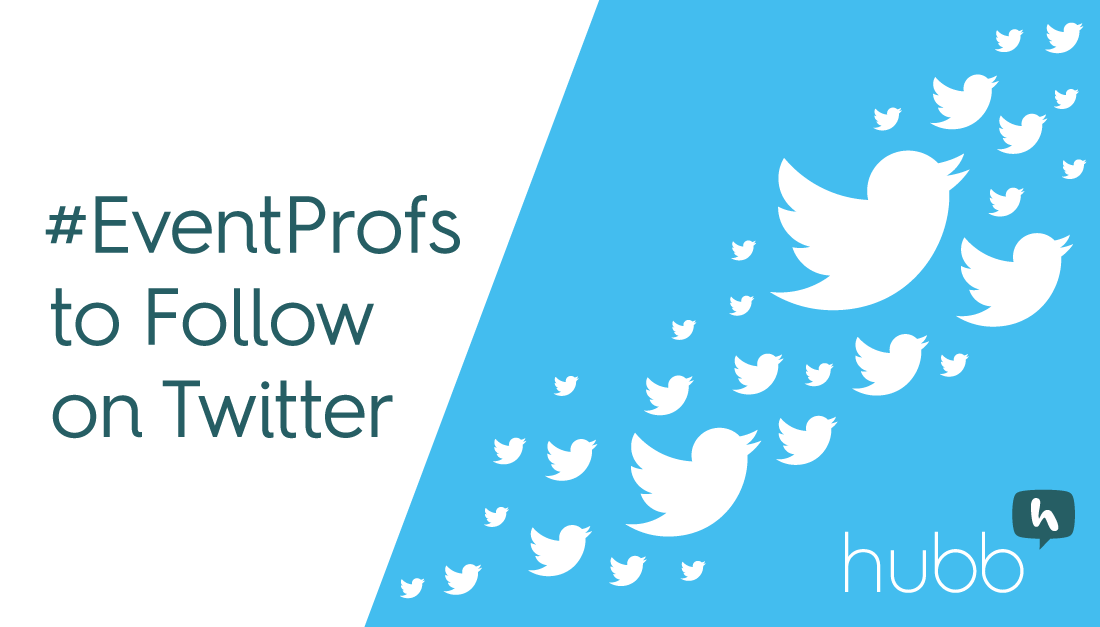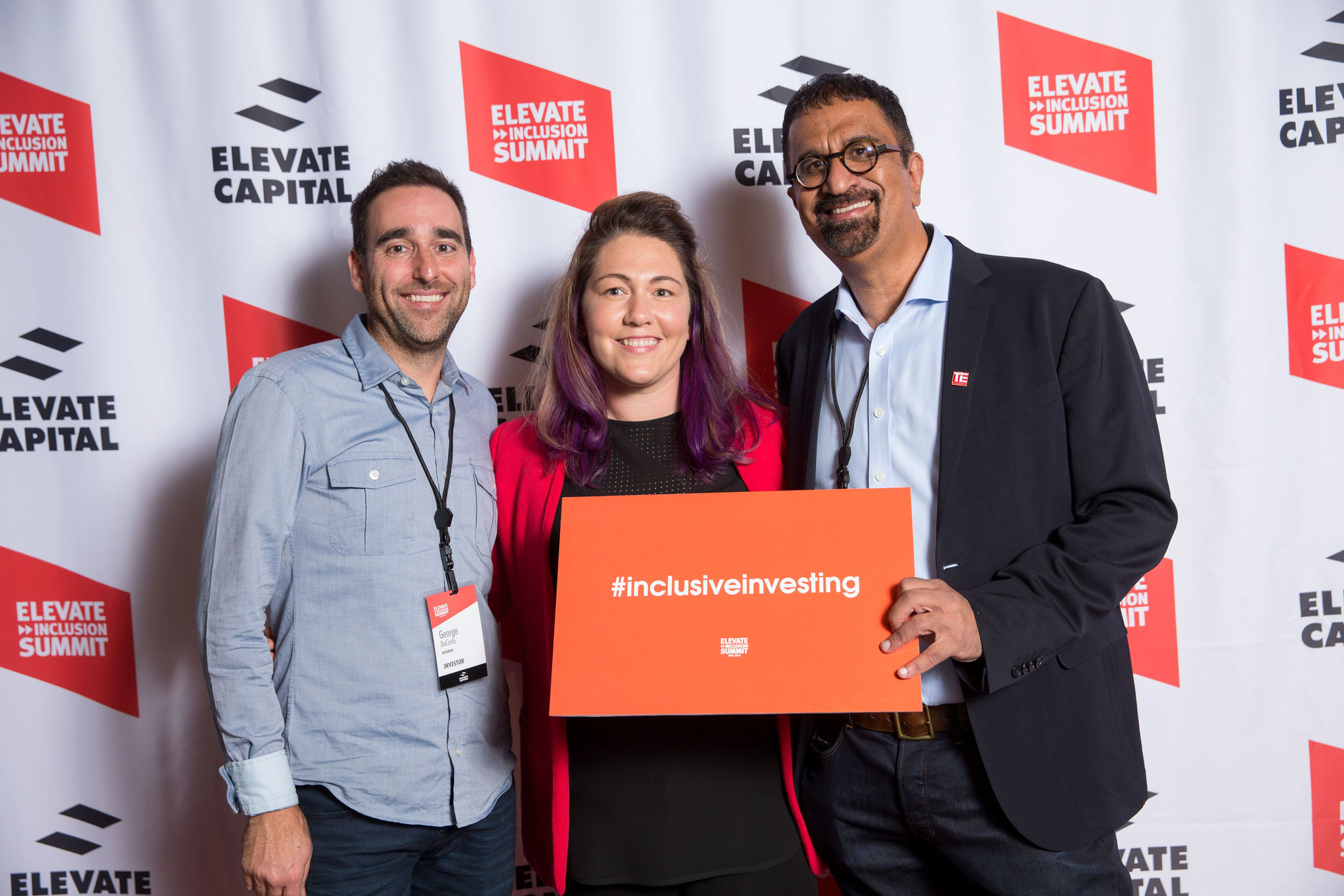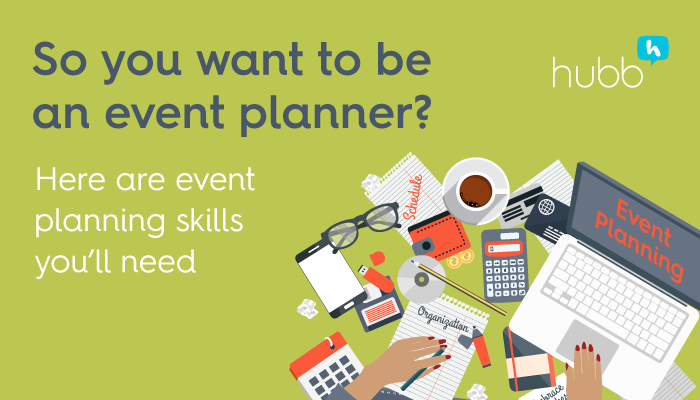
An event manager friend was venting to me recently about her job: "I don't have TIME to do everything! I manage our annual user conference on top of my day-to-day work. The conference itself is a full-time job! I don't know how I can manage all this."
This is not the first time I've heard this rant (Full disclosure: I may have given it a few times myself).
If you can relate, I have words of encouragement, some tough love, and tips for how to manage it all.
First, planning an event, even a major one, while doing another job IS doable. And it'll make you a better event manager. There is no better way to become an expert in prioritization, an essential skill for event managers, than to be in a situation that forces you to become an expert in it. And being a part-time event manger is a situation that will force you to become an expert in it.
I myself am a part-time event manager. My "day" job is CEO of Hubb and believe me, it's a full-time job. I'm also the technical lead on an annual city-wide user conference for one of the largest tech companies in the world. Balancing it all is a huge challenge, but I'm able to make it work. I'm not special—if I can do it you can do it.
Here’s what I’ve learned are the keys to balancing event management with your "day" job.
![]()
1. Prioritize & Focus on Strategic Work
Not all work has the same value at the end of the day. Somethings take a lot of time, but don't add a lot of value. You want to identify and focus on the tasks that are going to make a difference for your event, and find ways to automate or pass off tasks that are time consuming but don't contribute much.
In addition to assessing the strategic value of the work you're doing, use technology to stay organized and focused on what matters most. Project management software, such as Asana (which our Hubb teams use) or Microsoft Planner can be a great help in staying organized and aware of the various tasks on your plate, functioning as an enhanced "to-do" list. I personally use Planner because its reporting helps me track how long I’m spending on tasks. That feedback helps me figure out if I'm spending my time efficiently and on the most strategically-valuable tasks.
2. Look for ways to gain efficiency
Are there areas of overlap in your job? Can you combine research, tasks and vendors? For example, if you manage multiple events, use the same vendors for each event. This saves you from the time suck of vetting and on-boarding new vendors. How about ways to make your tools do more for you? Some of the tools or technology you use for your “day” job can be used for your events. Are you using the project management tools I mentioned in the previous point for your day-to-day work? They can help with your event as well. Same with many marketing technologies, like marketing automation tools such as Hubspot or Marketo. Or, if you manage multiple events, are you using the same vendors for each event? Any work you can merge is going to save you time, which is your most valuable resource when you're planning an event on the side.
3. Don't set yourself up to fail
Managing an event on the side feels like you're falling from a plane, with the ground rushing towards you at terrifying speed. Schedule smart by staggering major deadlines and you'll give yourself a parachute to slow your descent to a smooth glide. Schedule poorly by having multiple things due at the same time, or overlapping your event with your busy season at work, and you'll be giving yourself an anvil instead.
Likewise, avoid making more work for yourself. When I first started as an event manager I was insecure about my abilities. I would overprepare for client meetings, giving them hundreds of options for various choices, because I wanted to come off as thorough and prepared. What I really was doing was wasting time that should have been spent elsewhere. Instead, I should have given the client three options along with my recommendation. Less time and work for me, and I'm better serving my client.
4. Know the warning signs of burnout and take steps to prevent it
Consistently feeling exhausted, overwhelmed, and cynical? Going to work is the last thing you want to do, and you count the seconds to the weekend? Battling anger, anxiety, and depression? You may be burned out—are you surprised? You've been climbing a mountain at work— two mountains, really.
We've touched upon this before, but make time for your personal life (put it in your calendar and treat it like any other client!), eat well, get enough sleep, exercise and find a way to get away and recharge. Engage with your work in ways that are inspiring, not overwhelming. A little bit of time spent here will repay you many times over. You need to be sharp if you're going to manage the workload that comes with managing an event on the side.
5. Know when to say "no," how to set limits, and when to ask for help
When you manage events on the side, there are clearly going to be a lot of demands on your time. If you don't defend your workload and schedule, you'll get sucked into doing more work that, frankly, you don't have time for.
Do you really need to be in that meeting or on that phone call, or can somebody else do it? Or is that meeting even worth holding (go back and read point #1 and decide)? Do you have time for that task somebody asked for your help with? If you can't manage it, be honest and say "no". Better that than to accept and then do a poor job on it because you won't have the bandwidth.
Likewise, if you're drowning, ask for help! There's no shame in admitting you need help. If something’s not working, you want to fix it early. Don’t ignore it and allow it to blow up into a major issue when time is running short.
6. Know yourself and how you work best
I work best early in the morning, before the Hubb office fills up and the inevitable demands of the day distract me. I arrive at work early—around 7—and focus on the important things that need my full concentration before I deal with meetings and people needing my attention the rest of the day. I don't look at email during this time.
There will be times in your day that are best suited for certain types of work. Maybe, like me, the early morning is the best time for deep dives into important tasks. Or maybe later the day you can focus on things and crank out what needs to get done. The key is to know yourself and how you work best, and adjust your schedule accordingly.
7. Use Technology
When I’m managing a major event, I can get upwards of 500 emails a day that need to be dealt with, on top of all my other tasks. I use Hubb to lessen the disruptive impact of these emails. It empowers speakers and sponsors / exhibitors to manage the own content, so instead of coming to me to upload a logo or their presentation slides, they do that work themselves and I’m free to focus on more important things.
Likewise, I use project management tools like Office 365 Planner to keep myself organized so I know what’s due and when. It helps me work efficiently. I’m also able to track my work and the reporting features help me be more aware of what I’m doing and how long it’s taking me. Use technology strategically and it can give you back a ton of time into your day.
![]()
Yes, managing events alongside your “normal” job is tough; anyone who says it isn’t is a rotten liar. But by working intelligently and strategically, knowing yourself and taking care of yourself, and using technology to help you, it’s doable. And, as I said, it’ll make you a better, more strategic planner who is an ace at prioritization. Good luck!
Learn every step of planning an amazing conference; download our free eBook, The Ultimate Guide to Conference Planning!








